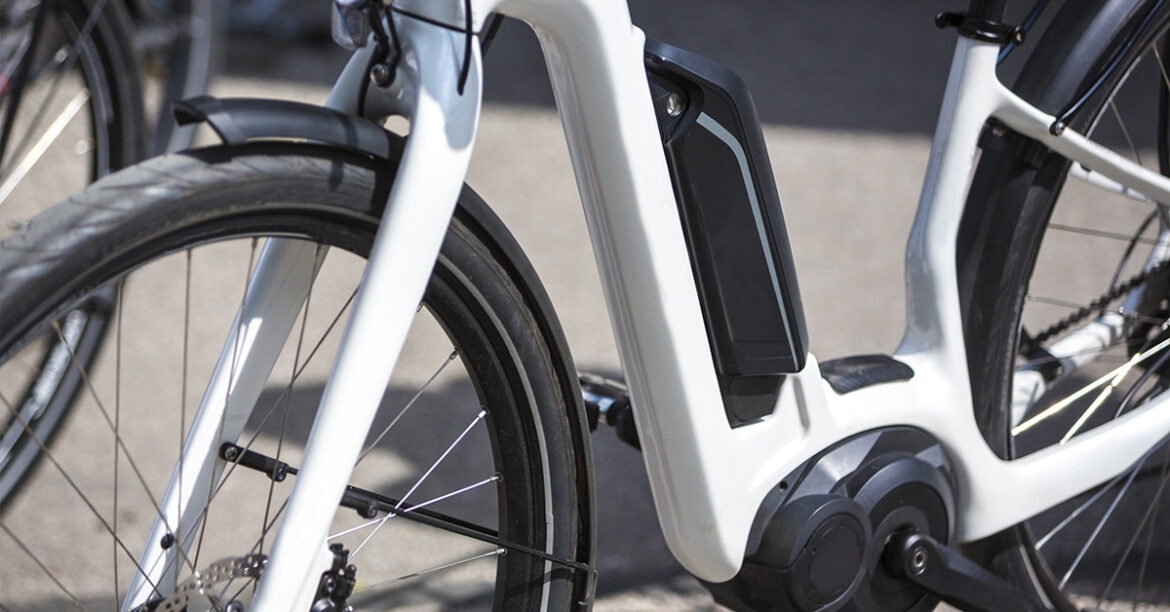
Florida has not escaped the growing epidemic of fires started by lithium-ion batteries, like those used in e-bikes and other battery-operated personal transportation devices. A recent Miami bike shop caught fire after the shop owner left an e-bike battery charging and closed the store for the day. Surveillance cameras caught the moment the battery exploded, starting the devastating fire.
In New York, people have died in fires caused by e-bike batteries. In fact, New York has seen so many devastating fires started by e-bike batteries, the New York City Housing Authority has proposed a rule change to prohibit the keeping or charging of e-bikes or e-bike batteries in apartments or common areas of Housing Authority buildings.
Lithium-ion batteries, especially the large batteries like those used in e-bikes, store large amounts of energy and can overheat, catch fire, or explode. In some cases, e-batteries caught fire because the owner was using unregulated, knock-off batteries or chargers; or using the wrong charger or adaptor to charge the battery. Other incidents of fires occurred when the battery was being stored or charged in un-air-conditioned places or in direct sunlight.
This is a scary situation for condominium associations, which are seeing more e-bike usage and storage within condominium units and on common areas. Is it time for your association to pass e-bike and lithium-ion battery storage rules? Is the association liable for failure to regulate lithium-ion battery storage and use?
Some community associations are prohibiting e-bike storage in bike storage lockers or other un-air-conditioned areas of the condominium. Some associations are going so far as to prohibit e-bike storage in individual units, though it is unclear how such rule can be policed.
Other e-bike rules may include:
- prohibiting charging e-bikes in association common areas;
- prohibiting lithium battery disposal in trash chutes or dumpsters;
- prohibiting storing e-bikes in walkways or stairways;
- requiring all batteries to be removed from e-bikes while not in use and stored in the owner’s air-conditioned unit in an approved Fireproof Lipo Battery Storage bag.
At the very least, associations should educate their members on the proper storage and charging of e-bikes and other personal transportation powered by battery.
Before tragedy strikes, associations may want to contact their legal counsel for advice on promulgating rules within the parameters of the statutes and governing documents, regarding e-bikes and lithium-ion battery usage and storage.






Recent Comments